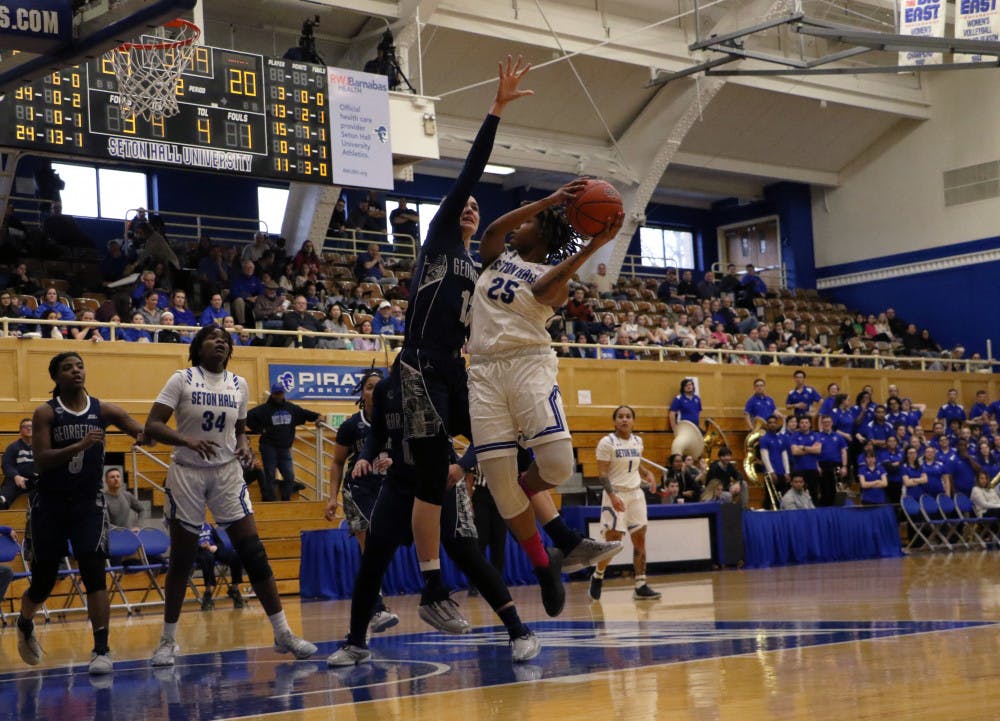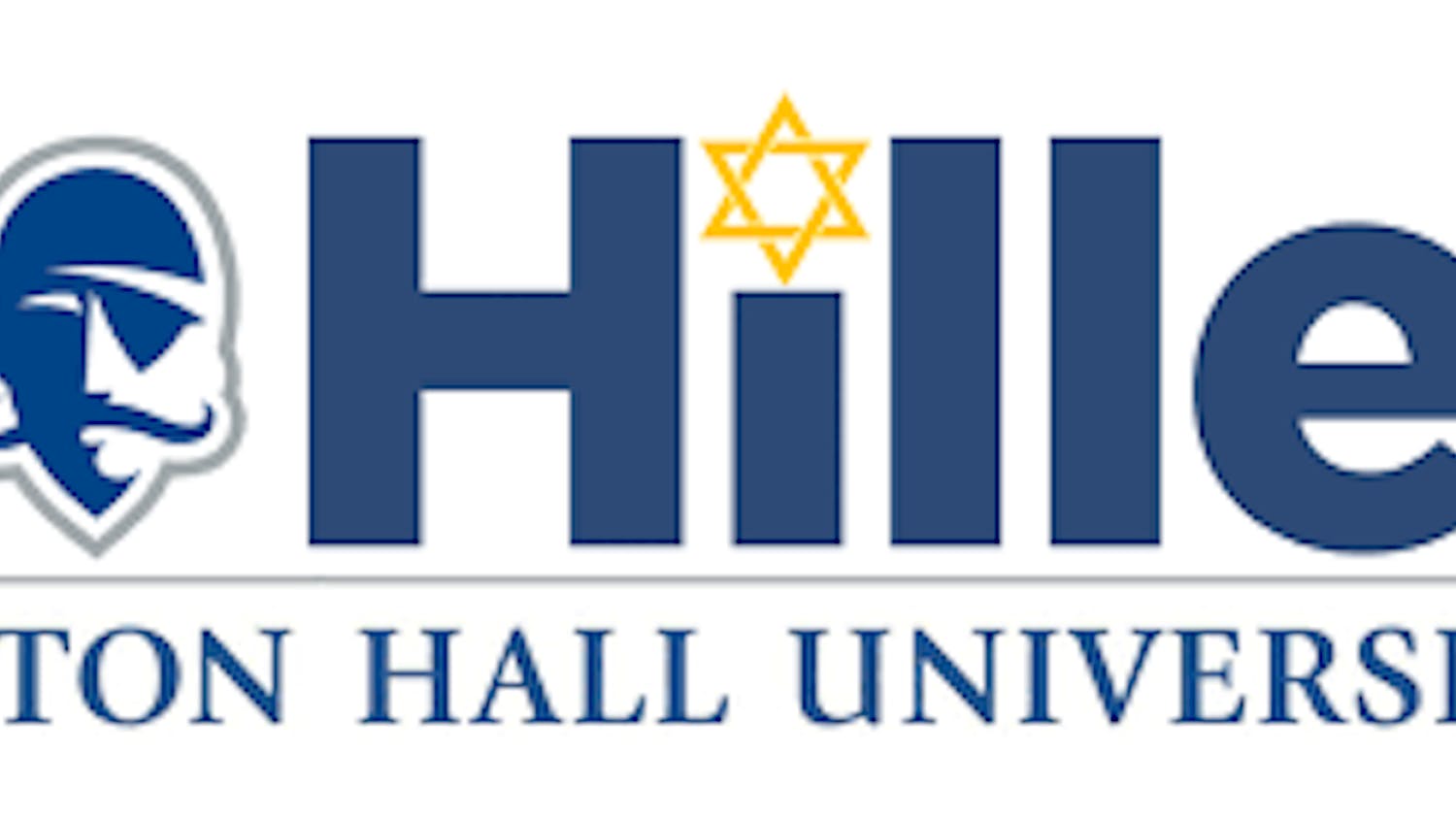Since 2007, Seton Hall has had a surge in the number of Fulbright scholarship winners, including two of the four applicants last year, according to the campus’ current Fulbright program advisor, Dr. Gita DasBender.
The scholarship, open to seniors and alumni, allows students to either conduct research or participate in an English Teaching Assistantship (ETA) in a country of their choosing.
According to Dr. DasBender, diplomacy and modern languages graduate David Kelly, ’14, is fulfilling his Fulbright in Mexico while Heidi Erbsen, ’13 of the same degrees, is doing an ETA in Russia. Mary Beliveau, ’14, was awarded an alternative position for research in Nigeria. Dr. DasBender was appointed last fall and since then has advised eight students, four each year.
Before Dr. DasBender assumed her role, Peter Hynes, director of the Ruth Sharkey Academic Resource Center, was the fellowship advisor for two years. Prior to Hynes was the first fellowship advisor, communication professor Dr. James Kimble. Dr. Kimble was appointed in the fall of 2007 by then Associate Provost Dr. Jeffrey Togman.
Dr. Kimble advised roughly 35 students before ending his term as advisor in 2011. He also advised students who were applying for other prestigious scholarships such as Rhodes, Marshall, Goldwater and more. Dr. Kimble said Dr. Togman was “instrumental in seeing that it got off the ground.”
“We in the Provost’s Office at the time had noticed that other top tier schools had fellowship directors who encouraged and helped students apply for Fulbrights and other fellowship programs,” Dr. Togman said in an email.
Before 2007, there had only been two Fulbright winners from the University, according to Dr. Kimble. The scholarship was signed into law by President Harry S. Truman in 1946, according to the Fulbright website. Since 2007, Seton Hall has been home to 16 Fulbright winners including the previous two, according to Dr. DasBender.
“Prior to when I started this, we had no organization on campus for these,” Dr. Kimble said. “(Students) either had no advising or they convinced their professor to help them on sort of an ad hoc basis.”
Dr. Togman said he credited the increase of winners not only to students but to faculty as well.
“I credit (the surge) in the first place to all the hard work our student applicants have put in the process,” Dr. Togman said. “The Fulbright program and many other fellowships are quite demanding, and we’ve had so many dedicated students who have put their all into their applications. Secondly, I credit the faculty, especially people like Professor Kimble and others who have encouraged students to apply for these very competitive programs, and helped them put together their applications.”
According to Dr. DasBender, there are two essay components to the Fulbright application: a personal statement and a grant statement. These are to be done over the summer and turned into Dr. DasBender for revision. From there, applicants go through an interview process with three to four faculty and Dr. DasBender in which they decide whether or not to endorse the student as a Fulbright candidate.
The completed application is sent by Dr. DasBender from which the Fulbright committee will either send or not send the application forward to the host country. The application deadlines are generally in mid-October and final decisions are made between March and May. Dr. DasBender and Dr. Kimble
agreed that to be successful, students should be thinking about the Fulbright far in advance. Dr. Kimble suggests as far as in their sophomore year. However, alumni can apply after graduation.
Dr. Kimble added that students should start gearing their classes towards what they want to research or get the classroom experience that is required for the ETA program. He said that this will help them succeed in writing comprehensive statements for the Fulbright application.
“(You need to be) prepared ahead of time because I don’t think a Fulbright is something you fall into,” Dr. Kimble said. “For the most part you have to think about it and prepare for it, maybe a couple years in advance in order to be successful.”
Dr. DasBender said she believes there are distinctive qualities to those who receive Fulbrights.
“I think that students who win are immensely talented, very motivated, creative and goal oriented,” Dr. DasBender said. “You need a very open mind, a deep interest in other cultures and be able to live in very modest conditions; there needs to be a lot of humility and openness.”
Tiffany Do can be reached at tiffany.do@student.shu.edu.





